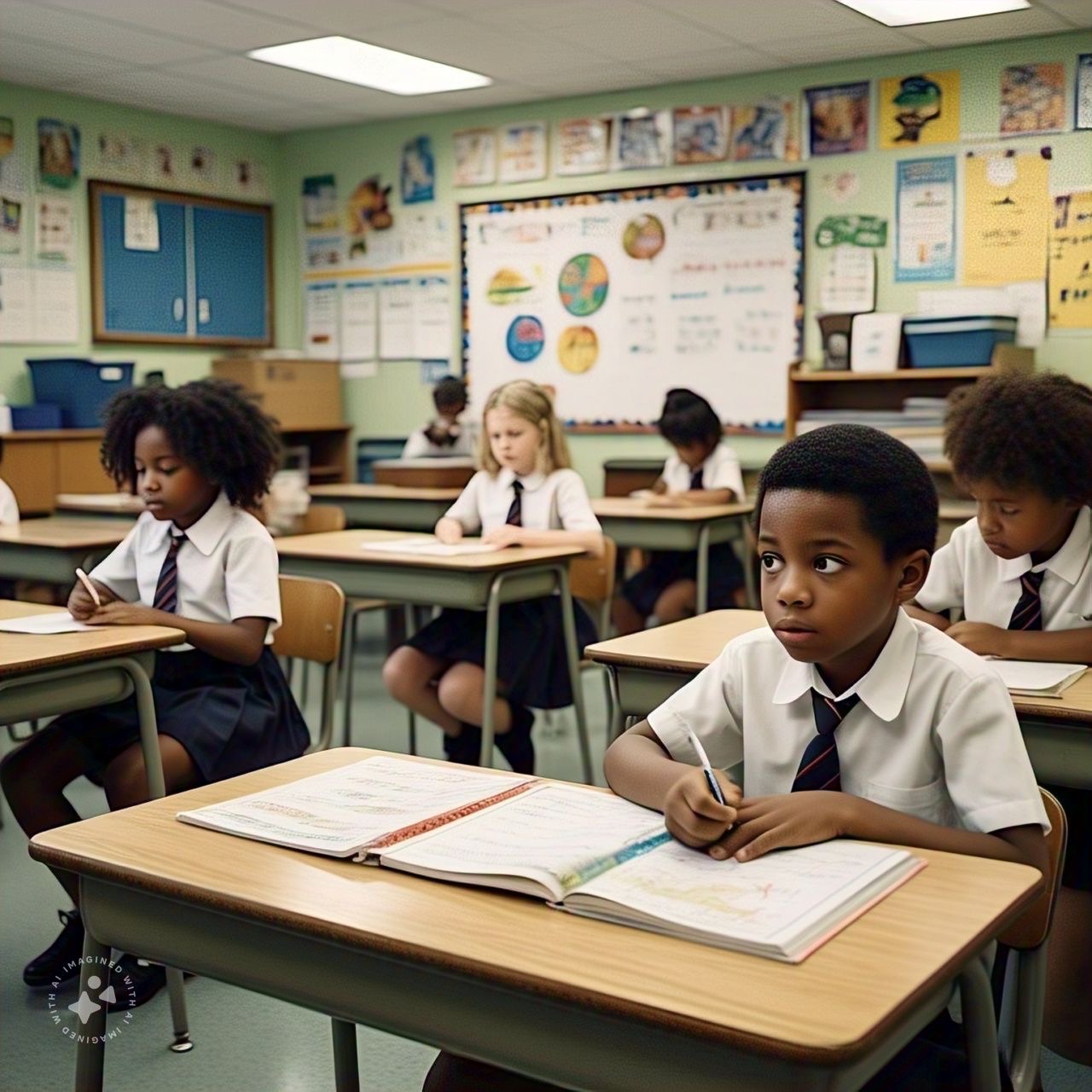In a strongly worded letter addressed to the Deputy Permanent Secretary of the Ministry of Child Welfare & Basic Education, registered private primary schools in Botswana have raised grave concerns about the unchecked proliferation of tuition centres across the country. The communication, dated December 15, 2024, calls for urgent government intervention to address the challenges posed by these unregulated entities.
Key Concerns Raised
The letter details numerous issues with tuition centres, citing violations of regulations, safety risks, and their negative impact on the education system. Below are the primary concerns:
1. Violation of the Education Act
The proliferation of tuition centres directly contravenes Botswana’s Education Act.
• Registration Requirements: Sections 13 and 14 mandate that all schools operating in Botswana must be registered. Many tuition centres continue to operate without formal registration.
• Unlawful Advertising: Section 15 explicitly prohibits unregistered schools from advertising their services, yet this is a common practice among tuition centres.
• Power to Close Non-Compliant Schools: Section 27 grants the Ministry authority to close schools failing to meet inspection standards, a power that stakeholders urge the Ministry to exercise.
2. Unsafe Learning Environments
Tuition centres often conduct classes in substandard and unsafe structures, including garages, corrugated iron buildings, or residential homes. These facilities lack occupancy permits from local councils or physical planning departments, exposing children to health and safety risks.
3. Overcrowding and Health Risks
The Ministry stipulates that classrooms must provide at least 1.5 square meters of space per child. However, reports indicate that tuition centres pack up to 50 students into small spaces. This overcrowding creates environments where diseases can spread rapidly, posing significant health risks to learners.
4. Lack of Health Oversight
Unlike registered schools, tuition centres are not subject to health inspections. This means children at these centres often miss critical immunizations, undermining public health efforts. Unimmunized children then interact with others in the broader community, negating the Ministry’s vaccination campaigns.
5. Unqualified Teachers
The letter highlights that many tuition centres employ unqualified teachers, some of whom have only completed secondary education. These individuals lack proper teaching credentials or the required “Permission to Teach” documents, compromising the quality of education provided.
6. Academic and Social Deficiencies
Students transferring from tuition centres to registered schools often exhibit noticeable gaps in both academic and social skills. Their coursework is inconsistent with the government-prescribed syllabus, further contributing to a decline in educational standards nationwide.
7. Unfair Competition
Tuition centres operate without compliance costs, enabling them to charge lower fees. This unfair advantage places registered schools, which invest in adhering to regulations, at a significant financial disadvantage.
Request for Action
The registered private schools have made several appeals to the Ministry, including:
• Regulatory Enforcement: Conduct inspections and raids on tuition centres to ensure compliance with the Education Act.
• Public Awareness Campaigns: Educate parents about the differences between registered schools and tuition centres, particularly as many tuition centres mislead parents by requiring uniforms for students.
• Exercise of Authority: Utilize the Ministry’s powers under section 27 of the Education Act to shut down non-compliant centres.
This letter underscores the urgent need for regulatory oversight to ensure all educational institutions in Botswana adhere to safety and quality standards. The Ministry of Child Welfare & Basic Education is now tasked with addressing these concerns to protect the welfare of children and uphold the integrity of the country’s education system.
The education sector, parents, and the public eagerly await the Ministry’s response and subsequent actions on this critical issue.










